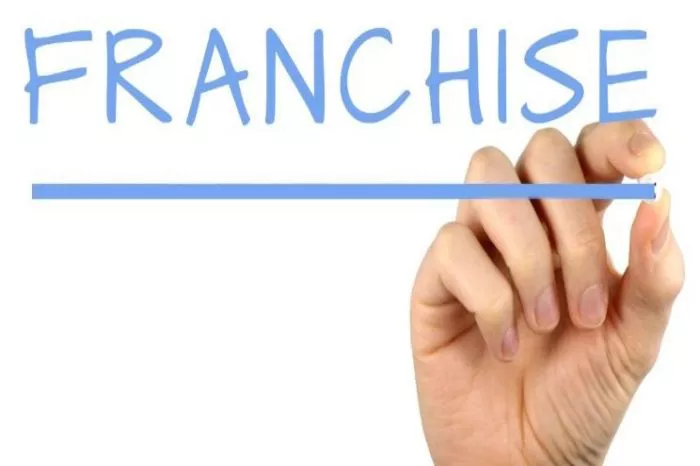In the wake of the global health and economic crisis, the landscape of sound investments has evolved. Beyond recession resistance, the new benchmark for entrepreneurial success includes a crucial qualifier: pandemic resilience. Fast-food franchises have emerged as prime candidates that not only weathered the storm but are now flourishing in the aftermath. Here’s why savvy investors are turning their attention to quick-service restaurants (QSRs).
Adaptability During Crisis: While sit-down dining establishments struggled to survive, QSRs swiftly pivoted to meet evolving customer demands. Elements like carry-out, delivery, curbside pickup, and drive-thrus, integral to the QSR model, proved invaluable during the pandemic. These services not only sustained the industry but also elevated convenience for consumers, positioning QSRs as essential and reliable dining options.
Market Growth Potential: The fast-casual restaurant market, valued at $125.6 billion in 2019, is projected to reach $209.1 billion by 2027. This anticipated growth presents a lucrative opportunity for investors looking to capitalize on the rising demand for quick-service dining experiences. With QSRs driving restaurant sales higher, there’s ample room for investment expansion.
Innovative Advancements: The pandemic accelerated technological advancements within the QSR sector, enhancing operational efficiencies and customer experiences. Automation solutions, such as contactless payments, ordering kiosks, and AI-driven processes, addressed labor shortages and improved service quality. These innovations not only mitigated staffing challenges but also positioned QSRs for sustained success in the digital age.
Franchise Support and Resilience: QSR franchises demonstrated resilience and adaptability throughout the crisis, leveraging robust support systems to navigate unprecedented challenges. Unlike independent operators, franchisees benefited from corporate resources, shared best practices, and collective problem-solving efforts. This collaborative approach enabled franchises to innovate rapidly and maintain operational continuity.
Network Strength and Collaboration: The franchise model proved its efficacy in times of crisis, fostering collaboration and knowledge-sharing among franchisees. Communication channels facilitated the exchange of innovative ideas and operational strategies, empowering franchise owners to navigate uncertainty collectively. This network-driven resilience underscores the inherent strength of the franchise model in fostering shared success.
In conclusion, investing in a fast-food franchise post-pandemic offers a compelling proposition for entrepreneurs seeking profitability and stability. The demonstrated adaptability, market growth potential, and collaborative ethos of QSR franchises position them as resilient and promising investment opportunities in the evolving dining landscape. For entrepreneurs ready to capitalize on the post-pandemic resurgence, fast-food franchises represent a proven pathway to success.

